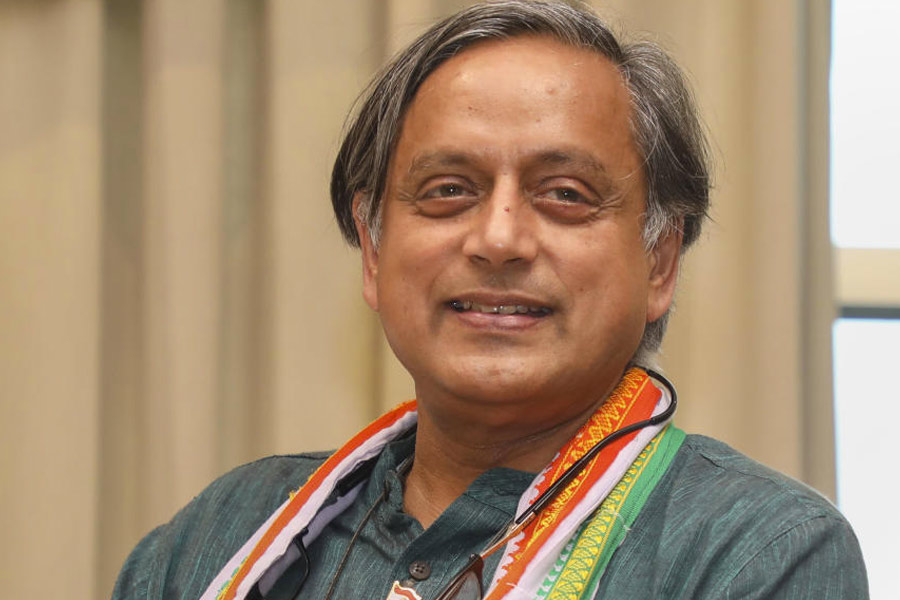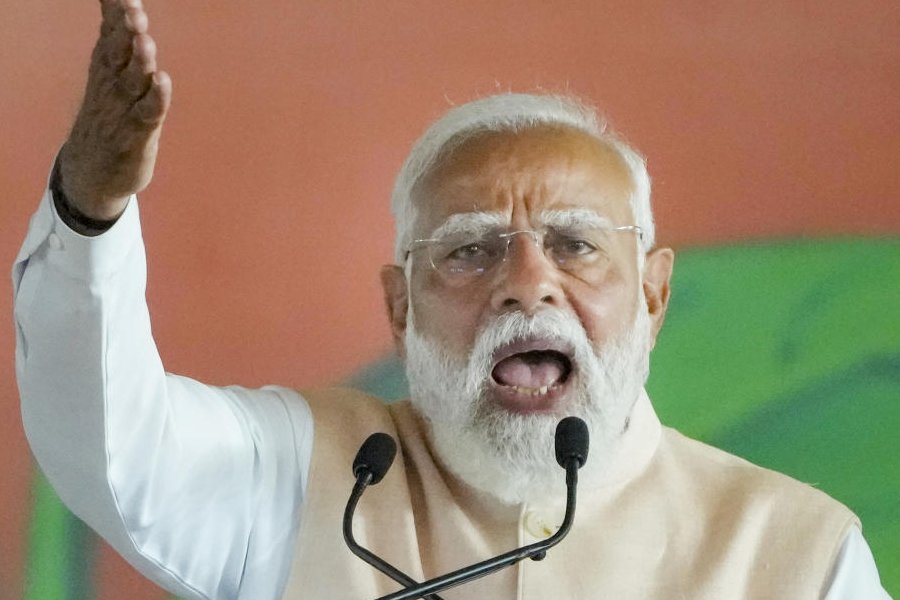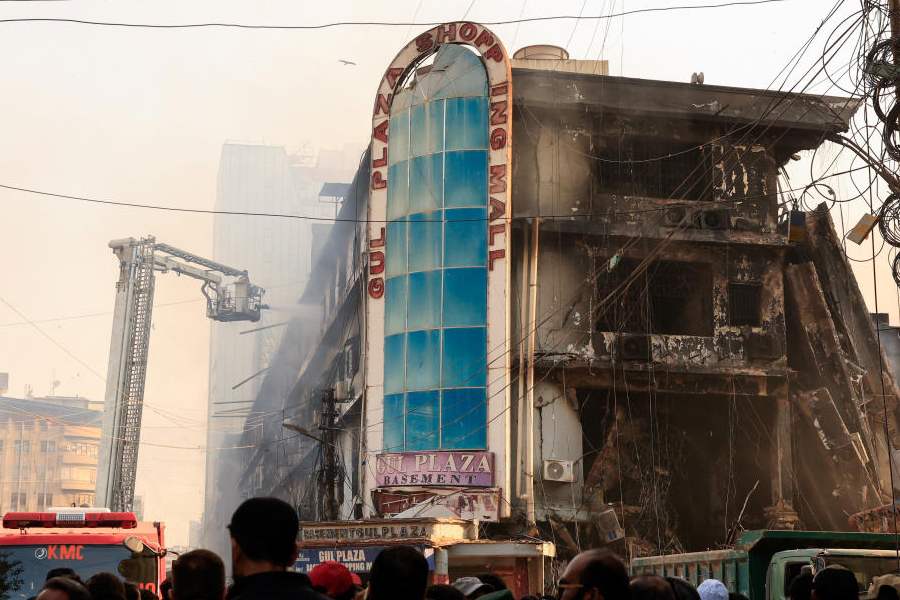When a character in a play says that something is rotten in the state of Denmark, he is expressing, unknowingly, the discomfort of people in many states at different times. One source of discomfort is suspicion, a nagging sense of enveloping falsity. The discomfort sharpens when these suspicions appear to have been well-founded. For example, in 2018, suspicions that lynching in the name of cow protection had the silent support of the Centre would have been confirmed by the spectacle of a Union minister of state garlanding eight men convicted of this crime. In such situations, even one revelation can have strong confirmatory force. Another example would be the release of purported exchanges between the director of a stridently pro-government television channel and the former head of the Broadcast Audience Research Council. If found to be authentic, this series of WhatsApp messages would confirm suspicions not only of falsified TRP ratings but also of the channel chief’s amazing access to classified information and obvious inwardness with those in power.
Perhaps fewer people will be surprised that an overseas digital forensics company has found that malware was deliberately introduced into the computer of Rona Wilson, a rights activist arrested under the Unlawful Activities (Prevention) Act in connection with the Bhima-Koregaon violence. Mr Wilson was among those accused of having made speeches inciting hatred at the Elgaar Parishad meet the day before the occurrence. The malware reportedly planted a ‘hidden’ file with documents that the police later retrieved to show that Mr Wilson and other activists were connected with a banned Maoist organization and were conspiring to assassinate the prime minister. These men and women, some seriously ill, remain in jail and more are being added to their number. Those who had felt that they were being detained for contrived reasons may not be too surprised at the revelation itself, but the scale, technical expertise and careful planning behind the purported planting of evidence are mind-boggling. Mr Wilson was reportedly induced to open a file by making it appear to have come from an activist colleague, Varavara Rao, also arrested. The filename referred to a place in Andhra Pradesh where the police had killed two alleged Maoists who local people insisted were innocent villagers. If the charge of false evidence is established, all its layers should be analysed. Funnily enough, some of the documents from the ‘hidden’ file that form the police’s evidence are in versions of programmes allegedly unsupported by Mr Wilson’s computer. Funnier still, the malware supposedly started operating months before the Bhima-Koregaon violence. The National Investigation Agency has rejected these findings, calling it a “distortion of facts”. The distortion is undeniable; the courts will decide which facts have been distorted.










